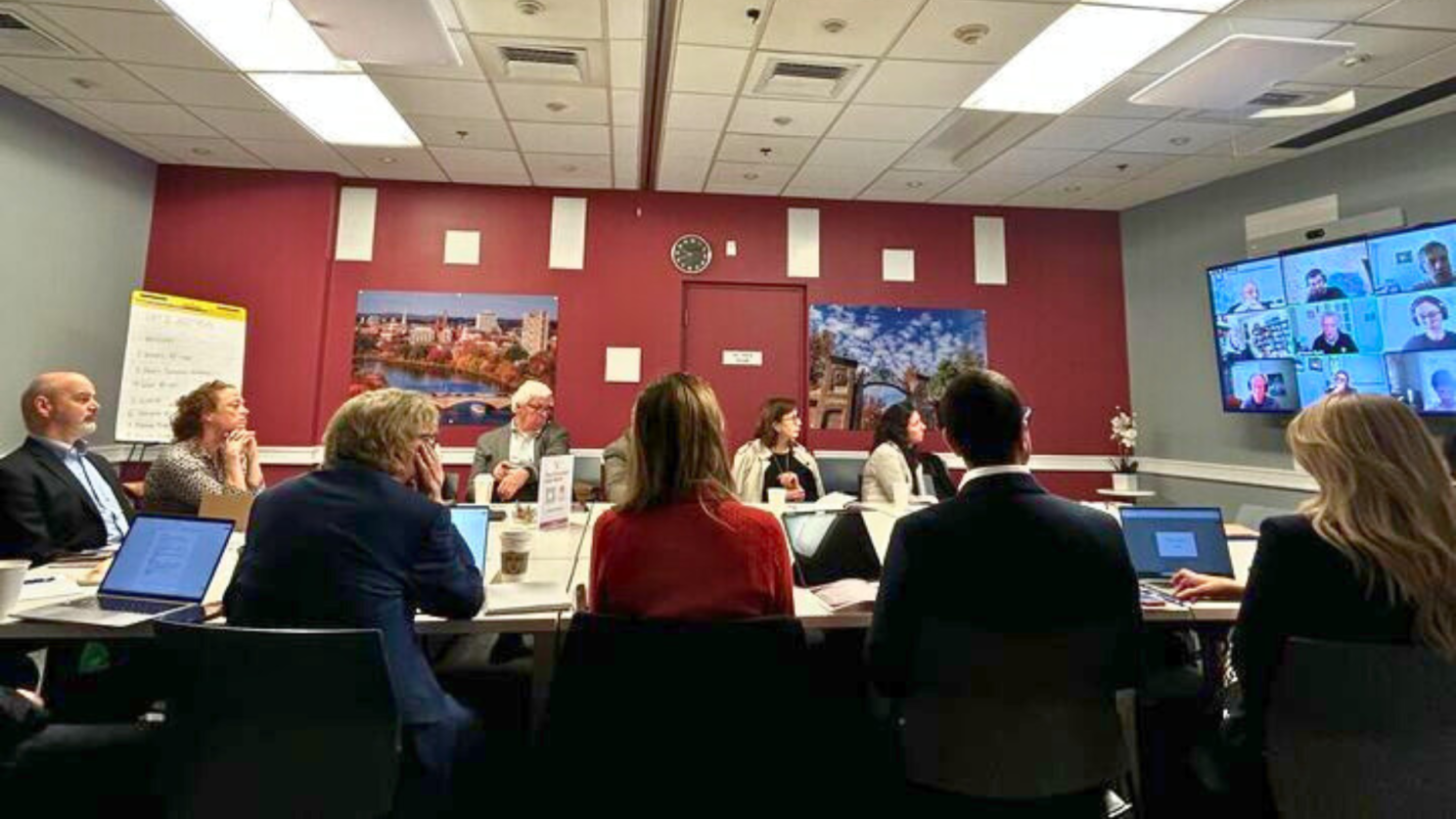The two Scholarly Working Groups will examine worker protection under climate change and address the health challenges of adolescents in Sub-Saharan Africa.
The Harvard Global Health Institute (HGHI) announced its newest cohort of Scholarly Working Groups (SWGs). Now entering its second year, the Scholarly Working Group program is poised to strengthen interdisciplinary collaboration across Harvard and beyond, bringing together faculty, researchers, and practitioners to tackle pressing global health challenges through sustained dialogue, research, and innovation.
HGHI 2025-2026 Scholarly Working Groups
Group 1: Is it Already Too Hot to Work? Protecting Work and Workers in a Warming World
Faculty leads: Satchit Balsari, associate professor, emergency medicine, Harvard Medical School and Beth Israel Deaconess Medical Center, Department of Global Health and Population, Harvard T.H. Chan School of Public Health, and Sharon Block, professor of practice, Harvard Law School, and executive director of the Center for Labor and a Just Economy, Harvard Law School
Focused on addressing global rising temperatures and the research and policy gaps that leave 2 billion workers around the world vulnerable, this working group will be assessing the efficacy and economic impacts of heat adaptation measures such as cool roofs, heat insurance, worker rest breaks and sanitation measures, and flexible work times. The assessment will include comparing worker heat protections and regulations across major global economies and examining national and local approaches, with a special focus on improving protections for informal, migrant, and undocumented workers.
Group 2: Food Systems, Vulnerability, and Adolescent Health in Sub-Saharan Africa: An Urgent Call for Integrated Action
Faculty lead: Wafaie W. Fawzi, Richard Saltonstall Professor of Population Sciences, and professor of nutrition, epidemiology, and global health and population, Harvard T.H. Chan School of Public Health
This scholarly working group aims to address the multifaceted challenges facing adolescents in Sub-Saharan Africa (SSA). Adolescents are uniquely impacted, with malnutrition impairing their physical, cognitive, and mental health, while social inequalities expose girls to greater risks like anemia, and boys to being pulled from school for labor. Despite these dire consequences, adolescents remain largely invisible in research and policy. The project will work to build a multidisciplinary, community-engaged framework that bridges research, policy, and practice to address the interconnected challenges facing adolescents in SSA, with a focus on food security, nutrition, health, and education and a recognition of adolescents as key agents of change.





